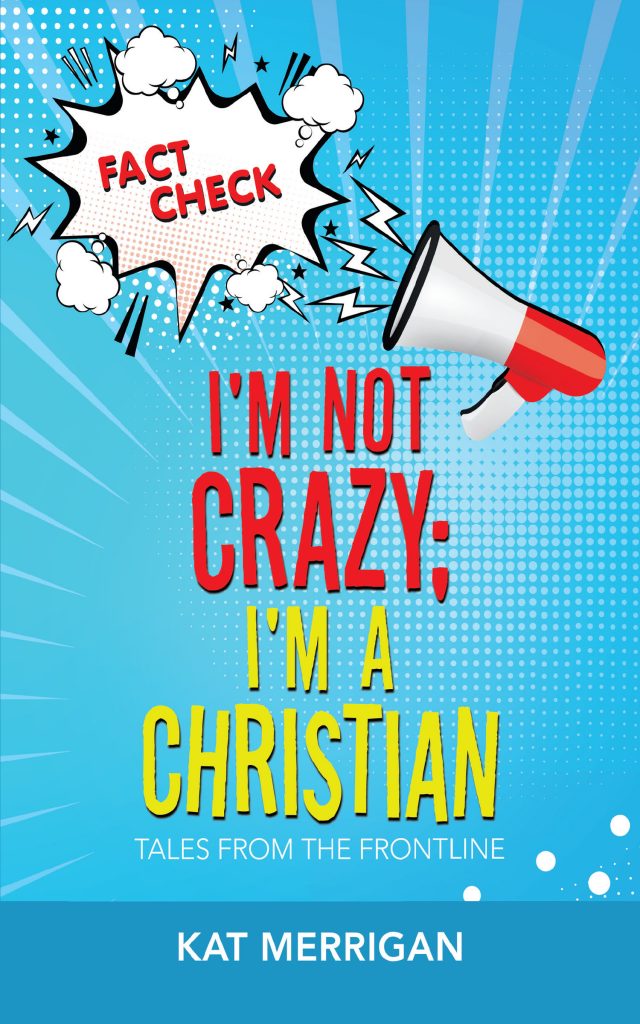 I wonder how many songs have been written from the perspective of someone calling out someone else for saying one thing and doing another. Think about the number of times you’ve watched a scene in a movie or TV show where one character is so frustrated because another character didn’t follow through with what they said they were going to do, or their actions didn’t align with their spoken words. Empty promises. Lies. Lip service. Great literature and art is filled with all of it.
I wonder how many songs have been written from the perspective of someone calling out someone else for saying one thing and doing another. Think about the number of times you’ve watched a scene in a movie or TV show where one character is so frustrated because another character didn’t follow through with what they said they were going to do, or their actions didn’t align with their spoken words. Empty promises. Lies. Lip service. Great literature and art is filled with all of it.
And so are our lives.
I’m certain I’m not the only person who has experienced someone promising to do or be something and then not living up to that promise. If I’m being honest, on occasion I too am guilty of saying one thing and doing the opposite.
This article isn’t meant to beat us up. We’re human. We will fail and disappoint each other. It comes with the territory. The reason for this piece is to begin to look at the why of the what. Why do we find ourselves speaking one thing and acting differently? At what point does it go from being a sporadic transgression to a permanent lifestyle?
I don’t know about you, but I want to believe people. I want to take them at their word. If someone says they love me, why wouldn’t I want to believe them? In contrast, if someone says they don’t, I should be able to take that at face value as well.
The problem occurs when the words and the actions or behaviors do not comport with each other. If a person tells you they need you but makes little to no effort to be with you, what should you think? If a friend claims to care for you deeply but never seems available when you need them, are you important to them? If an employer constantly praises your work but doesn’t get you the raise or promotion, are you being used?
Why don’t our words and actions always line up with each other?
In my case, sometimes I don’t want to disappoint someone in that moment, so I’ll agree to be there, or call, or whatever. It’s selfish, actually. I’m clearly not doing it to spare their feelings. I’ve just postponed their disappointment to a time that is more convenient for me (preferably when I’m not in their presence and can send a text or leave a message).
It may be that we’re so quick to want to say something we don’t weigh out the consequences of our statements. We’re in such a hurry to respond that we may not understand the full impact of what we’re saying.
We can take some comfort in knowing that we are not the first people to struggle in this area. You know I brought receipts. (Any and all Bible verses, unless otherwise indicated, are from the NIV version at biblegateway.com, emphasis added.)
My dear brothers and sisters, take note of this: Everyone should be quick to listen, slow to speak and slow to become angry, because human anger does not produce the righteousness that God desires. (James 1:19-20)
I can say with complete transparency that I rarely, if ever, am quick to listen and slow to speak. Don’t get me wrong. I believe the term that best describes me is an active listener. When someone is speaking to me, I’m engaged sometimes to a fault. I keep sidetracking their main story with questions and requests for more details. I’m all in on what the person is saying, but I do find myself wanting to have a good reply: an answer to their problem, a sympathetic verbal gesture, something. I can’t just listen and process. Am I the only one?
This can be especially difficult when it’s someone I truly care about. I want to help them, so I get into rescue 911 mode and quickly commit myself. Then I leave the conversation and realize I just said “yes” to help them paint their cathedral ceilinged bedroom on Saturday when it’s going to be a balmy 95 degrees and their air conditioner is on the fritz! I’ve got to get out of it. The lame excuse is eventually formulated and shared. I get out of the obligation that I never should have allowed to happen in the first place. No real harm done…except for my overwhelming guilt and that person being right back where they started from before I got involved.
Actions speak louder than words.
As I mentioned earlier, we’ve probably all engaged in saying one thing and doing another. These are not our finest moments, but I would venture to say that most of us keep these situations to a minimum. But I’m sure we all know someone who is a chronic offender.
This person talks a great game but when it comes time to actually come through, they’re nowhere to be found. If you’re in relationship with a person like this, what happens over time? You begin to realize that you can’t count on them. You don’t trust their word. It becomes something similar to the story of the boy who cried wolf. If you’re not familiar with the tale, a young boy keeps lying about a wolf coming and panicking everyone. Eventually, they just dismiss him. Then the wolf actually shows up.
I remember hearing that story as a child and being taught that we should always be honest. I agree wholeheartedly with that in theory, but it isn’t always easy to practice. Think about it. If my friend asks me to help paint her bedroom, should I answer honestly and say, “No, I can’t. I don’t have anything to do. I just really don’t want to spend a Saturday dripping in paint and sweat.” I could but that would fall under the category of brutal honesty, emphasis on the brutal. There’s a decent likelihood that our friendship could suffer from such an exchange. Is it worth it?
As with most things in life, there are layers to the words vs actions scenario. Sometimes we may say what we think the person wants or needs to hear in the moment. We may be trying to spare them from hurt or pain. Our rationale could be purely innocent, or we could just be a liar who lies.
You know I consider myself a resident expert on absolutely nothing. But I’ve been living this life for over 50 years, and I hope I’ve learned a few things during that time. What I’ve been realizing over the past year or two is how little I know about me.
I openly admit that I overthink just about everything, but until recently I never spent much time diving into my why of the what. Why did I say that? Why didn’t I say that? Why did I do that? My forensic analysis of a conversation’s corpse is typically focused on the other person. Why did they say that? Why did they do that? I realized I’ve taken a passive, reactive role in so many areas of my life. I’m seeing that I’ve spent far too much time waiting for someone else before I begin almost anything. I have a feeling I’m not the only one. Perhaps that’s a topic worth diving into at another time.
Making our words and actions align is a juggling act. We want to be honest, but not to the point of brutality. We want to be helpful, but not to the point of overcommitting ourselves. It can be hard to keep it all together. There will be times when we drop the ball. That’s OK as long as it doesn’t become a habit. And the last thing we want to do is not merely drop the ball but have it thrown dodgeball style at someone else. (Sidebar: why was dodgeball ever an acceptable gym class activity in elementary school? It’s basically sanctioned school bullying and bordering on gang violence. But I digress.)
For those who more than dabble in misalignment between their words and actions, please stop it! This will not end well. But never take my word for it. Check this out:
But I tell you that everyone will have to give account on the day of judgment for every empty word they have spoken. For by your words you will be acquitted, and by your words you will be condemned.” (Matthew 12:36-37)
You may be able to avoid the consequence here, but a day will come for all of us when we’ve got to face it. That day it’ll be too late to change, so I strongly encourage you to consider doing so now. Just a suggestion.
I want to close with a couple of verses that I believe can help us in our quest to have a healthy union between our words and our actions. May they live long and prosper.
Dear children, let us not love with words or speech but with actions and in truth. (1 John 3:18)
“Again, you have heard that it was said to the people long ago, ‘Do not break your oath, but fulfill to the Lord the vows you have made.’ But I tell you, do not swear an oath at all: either by heaven, for it is God’s throne; or by the earth, for it is his footstool; or by Jerusalem, for it is the city of the Great King. And do not swear by your head, for you cannot make even one hair white or black. All you need to say is simply ‘Yes’ or ‘No’; anything beyond this comes from the evil one.” (Matthew 5:33-37)
Until next time: stay happy, stay healthy, stay in the know.
Look forward to hearing from you,
-Kat

Recent Comments